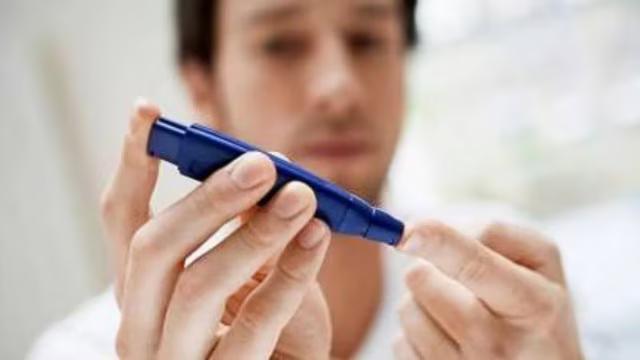
Type 2 Diabetes Can be Reversed: PGIMER Study
For decades, type 2 diabetes has been considered a chronic and irreversible condition. However, a recent study conducted by the Postgraduate Institute of Medical Education and Research (PGIMER) in Chandigarh has challenged this notion, suggesting that in some cases, type 2 diabetes can be reversed.
The clinical trial, which was published in the Journal of Clinical Endocrinology and Metabolism, aimed to investigate the effectiveness of a combination of medications and lifestyle changes in achieving remission in patients with type 2 diabetes. The study involved 120 participants who were diagnosed with type 2 diabetes within the last five years.
The researchers found that a significant 31% of participants achieved remission for at least three months with the treatment regimen. Remission was defined as a hemoglobin A1c (HbA1c) level of less than 6.5%, which indicates good blood sugar control.
But what’s even more remarkable is that the study also found that the participants who achieved remission experienced significant improvements in their insulin sensitivity and pancreatic function. In fact, MRI scans revealed a significant reduction in liver and pancreatic fat, which is a key driver of insulin resistance.
Insulin resistance occurs when the body’s cells become less responsive to insulin, a hormone produced by the pancreas that regulates blood sugar levels. When insulin resistance occurs, the pancreas produces more insulin to compensate, leading to high blood sugar levels, which can cause a range of complications, including cardiovascular disease, kidney damage, and blindness.
The study’s findings are significant because they suggest that type 2 diabetes is not a one-way street. In other words, it’s not necessarily a condition that will worsen over time, but rather one that can be reversed or managed with the right treatment.
So, what did the researchers do to achieve these promising results? The treatment regimen consisted of a combination of medications, including metformin, a commonly used antidiabetic medication, and a sulfonylurea, a type of medication that helps the pancreas produce more insulin.
In addition to the medications, the participants were also asked to make significant lifestyle changes, including a reduction in body weight of 3-4.7 kg (6.6-10.4 lbs). This weight loss was achieved through a combination of dietary changes and regular exercise.
The study’s lead author, Dr. Ravinder Joshi, a professor of endocrinology at PGIMER, explained that the study’s results are significant because they suggest that type 2 diabetes is not a chronic condition, but rather one that can be managed and even reversed with the right treatment.
“This study shows that type 2 diabetes is a reversible condition, and that lifestyle changes and medications can play a crucial role in achieving remission,” Dr. Joshi said. “Our findings have important implications for the treatment of type 2 diabetes and highlight the need for further research into the condition.”
The study’s findings are also significant because they suggest that type 2 diabetes is not just a condition of lifestyle, but rather a complex condition that involves a range of genetic, environmental, and lifestyle factors.
“This study shows that type 2 diabetes is a complex condition that involves multiple factors, including genetics, lifestyle, and environmental factors,” Dr. Joshi said. “Our findings highlight the need for a more comprehensive approach to the treatment of type 2 diabetes, one that takes into account the complex interplay between these factors.”
The study’s results are also significant because they suggest that type 2 diabetes is not just a condition that affects the individual, but rather one that can have a significant impact on society as a whole.
“Type 2 diabetes is a major public health problem, and its prevalence is increasing rapidly around the world,” Dr. Joshi said. “Our findings highlight the need for a more comprehensive approach to the prevention and treatment of type 2 diabetes, one that takes into account the complex interplay between genetic, environmental, and lifestyle factors.”
In conclusion, the PGIMER study provides promising results that suggest that type 2 diabetes can be reversed in some cases. The study’s findings highlight the need for a more comprehensive approach to the treatment of type 2 diabetes, one that takes into account the complex interplay between genetic, environmental, and lifestyle factors.
As we move forward, it’s clear that more research is needed to fully understand the complexities of type 2 diabetes and to develop effective treatments for the condition. However, the study’s findings provide hope for individuals living with type 2 diabetes and highlight the importance of lifestyle changes and medication in achieving remission.
Source:






